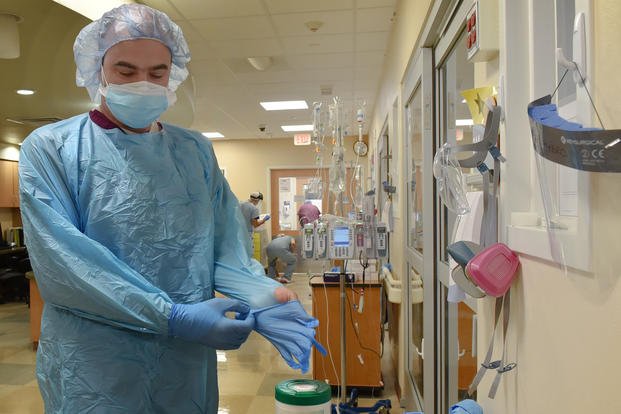During the 20-plus years I've been in the performance-based, reference-checking business, I've identified the three occupational groups least likely to do reference checking: public education, health care and banking.
Surprised? What, after all, is more important to people than the safety of their children, health and finances? Doesn't it make sense that people seeking employment in these three areas would receive the closest scrutiny? You'd think so, but the reverse appears to be true.
I've come up with a couple of reasons for this disturbing scenario, based on what I've heard from people inside each occupational category.
Odd as it may sound, there's an old-boy network still operating in all three. Superintendents tend to know other superintendents, because they attend so many seminars and conferences together. Hospital administrators are in the same boat. Plus, there's the mystique associated with being a doctor and an unwritten code of silence among physicians to protect each other. Bankers, it seems, just don't want to spend the money.
The following horror stories will, if nothing else, demonstrate why neglecting careful reference checking is a foolish, shortsighted thing to do.
I recall the case of the anesthesiologist who came into the surgical suite trying to eat a piece of pizza through his mask. The surgeon in charge was, to put it mildly, somewhat concerned. As it turned out, the anesthesiologist had lost his license in three states for substance-abuse problems. Nobody had bothered to check.
Then there's the case of the physician being recruited by a small rural hospital. All three of his references, who were also doctors, said they would never practice with him again, that he had a substance-abuse problem, was undergoing weekly psychiatric care and, they thought, was possibly suicidal.
Guess what? The hospital for which we were doing the reference checks hired him anyway. Within six months, the state police came into the hospital and removed the doctor in handcuffs for writing phony prescriptions for huge quantities of barbiturates and amphetamines for his 6-year-old daughter.
The stories of incompetent, immoral teachers in public schools are legendary. To put it simply, the easiest way for a school to get rid of a crummy teacher is to offer a glowing reference to another school. So the bad apples are continually passed around.
Here's a classic example: A teacher was caught having an inappropriate relationship with a student and was given the choice of resigning or being fired. The teacher resigned in order to keep his teaching license. He went to another school district at the other end of the state and was hired.
No one bothered to do more than confirm employment with the previous school. This time, the teacher was caught molesting a student. The student's parents sued the school for negligent hiring, and the school sued the former employer for negligent referral. They both won.
The judgments ran into hundreds of thousands of dollars, but the financial cost is really beside the point. Don't we have some right to expect educators to do a better job screening out potentially dangerous candidates for employment? The courts increasingly seem to think we do.
Here's one more example from the banking business. A large Midwestern bank hired a senior vice president on the strength of one board member's recommendation. Within less than six months, the individual hired had embezzled more than $100,000 before anyone caught on. The fallout from this fiasco was the director's resignation, the CEO's termination and the loss of millions in deposits from customers who lost confidence in the bank. In this instance, nothing was checked.
I once spoke with a senior vice president of human resources for another multistate bank to discuss checking tellers' references. His reply was, "Oh, we never bother with that, because we have such high turnover among tellers. Frankly, we don't want to spend the money." Tellers probably represent the bank most to its customers, and yet this particular bank routinely employed people to handle cash without so much as verifying the truthfulness of their job applications.
These are just a few examples of why reference checking is so important in the employment process and critical in the areas of public education, health care and banking.
Want to Know More About the Military?
Be sure to get the latest news about the U.S. military, as well as critical info about how to join and all the benefits of service. Subscribe to Military.com and receive customized updates delivered straight to your inbox.







